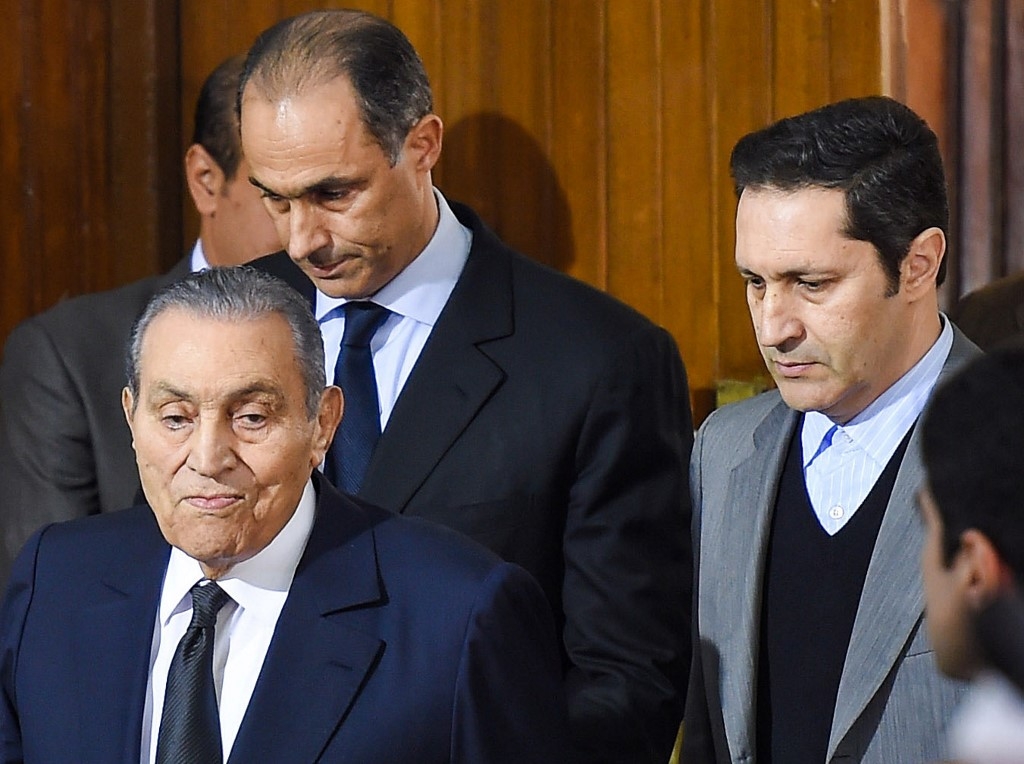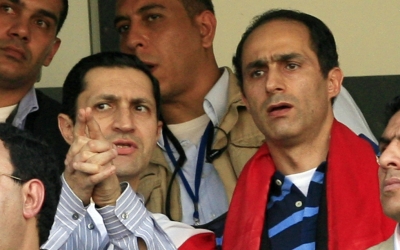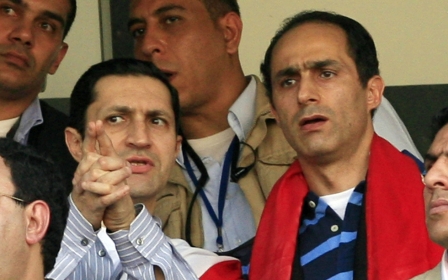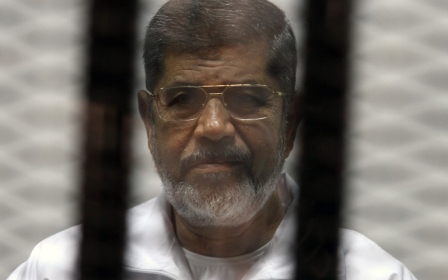Egyptian court acquits Mubarak's sons over illicit share trading

An Egyptian court has acquitted the two sons of former president Hosni Mubarak of illicit share trading during the sale of a bank four years prior to the uprising that ousted their father in 2011.
Alaa and Gamal Mubarak, along with six other business figures, had faced charges of illegally profiting from the sale of the National Bank of Egypt to the National Bank of Kuwait in 2007.
Mubarak's sons were arrested in September 2018 for alleged stock market manipulation but were released on bail days later.
Both men, who denied wrongdoing, attended Saturday's Cairo Criminal Court session, which was held at a police academy for security reasons, and heard the verdict acquitting all the defendants.
Among those acquitted with them was prominent businessman Hassan Heikal, son of the late writer Mohammed Hassanein Heikal.
The public prosecution can still appeal against the verdicts, judicial sources said.
The "stock exchange manipulation" case as it is known in Egypt dates back to 2012, when Egypt's state prosecutor referred the original six suspects to court "for illegally obtaining more than two billion Egyptian pounds [$128.5m]".
Diverting public funds
The prosecution of Mubarak and his sons for corruption and repression was one of the main demands of the pro-democracy protesters in 2011.
The brothers, detained after the 2011 popular uprising, were sentenced to three years in jail in 2015, along with their father, after being separately convicted of diverting public funds and using the money to upgrade family properties.
However, the sons were released in the same year after having already served three years pending the case.
Mubarak himself was released in 2017 after a court acquitted him of ordering the killing of protesters during the revolution.
Opponents of Mubarak have widely condemned what they considered his preferential treatment compared to the country's first democratically elected president Mohamed Morsi.
Morsi died in a courtroom in Cairo in June last year after six years in detention following a coup against him by current president Abdel Fattah el-Sisi.
Rights groups and an independent UN inquiry have attributed his death to medical negligence and "inhumane" circumstances of his solitary confinement.
Middle East Eye delivers independent and unrivalled coverage and analysis of the Middle East, North Africa and beyond. To learn more about republishing this content and the associated fees, please fill out this form. More about MEE can be found here.




